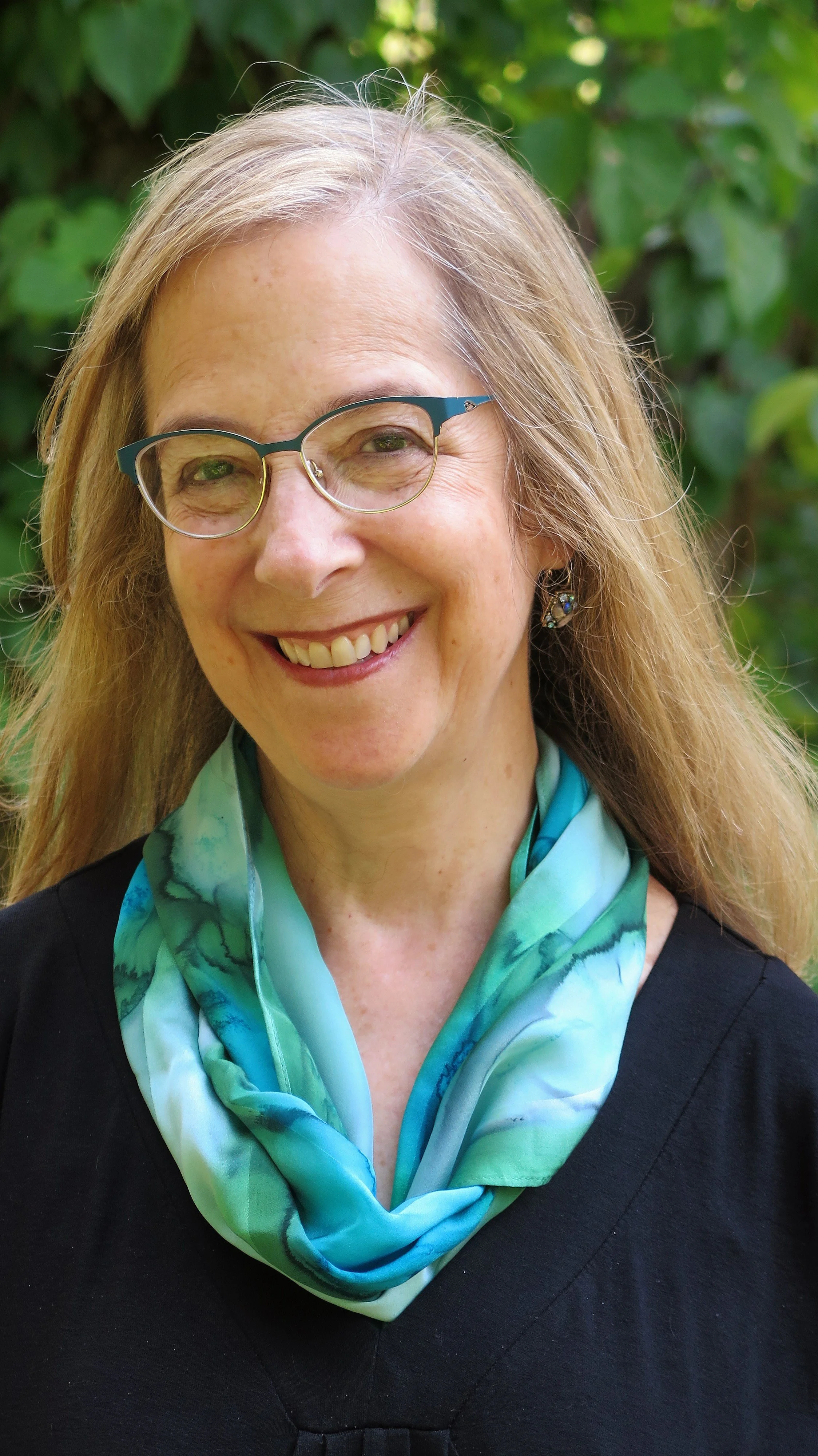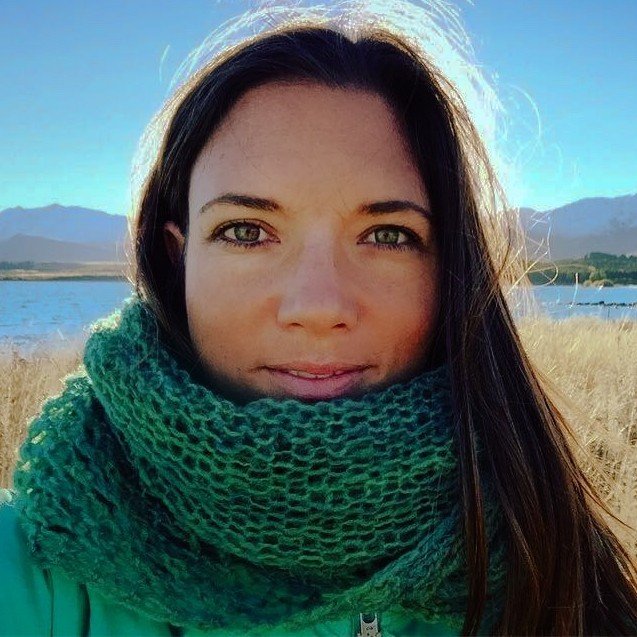How do we meet the climate crisis not only with science and strategy, but with psychological skill? Climate psychology examines the emotions, identities, and social dynamics that shape both our responses to escalating impacts and our capacity to act. The panel will discuss how a psychological lens can help us move beyond the crude lens of “information deficits” to the deeper patterns that drive denial, paralysis, polarisation, burnout, and conflict in a time of upheaval.
Join leading practitioners Lise Van Susteren, MD, Wendy Greenspun, PhD, and Hāweatea Holly Bryson in a lively, practice-focused conversation, facilitated by Steffi Bednarek. We’ll explore:
What climate psychology is (and isn’t), how it complements therapy, coaching, community practice, and policy and where it also challenges the mainstream assumptions of the psychological professions.
How climate stress, grief, and eco-anxiety show up in individuals, teams, and institutions—and ways to respond without pathologising.
What it may mean to decolonise the Western psychological profession’s assumptions of what it means to be human.
Practical tools: creating containers for grief and meaning-making; supporting agency without bypass; working with polarisation and burnout.
Ethical horizons: from client care to culture change—what psychologists and change-leaders can responsibly learn from a psychological lens
How an understanding of the psychological drivers of the climate crisis can open new horizons for leadership, healing, and collective resilience.
Do you have questions or problems with your purchase? We are happy to help. Contact us.
Who is this for?
This is for anyone tasked with stewarding people through volatile, uncertain conditions: organisational leads, HR professionals, campaigners, educators, funders, psychologists, psychotherapists, coaches, social workers.
Takeaways
You may leave with a clearer grasp of the psychological drivers of the climate crisis, from disavowal to displacement, from grief to over-activation, as well as an understanding of how these forces underpin all other crises. This perspective allows us to see climate disruption not as an isolated issue, but as the ground from which our wider social, political, and cultural challenges arise.
Afterparty
An informal gathering to digest, connect and let the conversation roam. The After-party runs for 60 minutes and starts 30 minutes after the end of the speaker event.
After a rich and resonant public conversation, we are opening the doors to a more intimate and informal space, a digital “after-party”. This is for those who want to reflect on what was said, speak from their own perspective, and see what unfolds in good company. Think of it like going to the pub after a play: the performance lingers, new thoughts arise, and the real conversations begin.
There’s no set programme. Just a shared curiosity and space to bring our reflections, whether they are thoughtful or messy, half-formed or well-baked.
Bring a glass of wine, a beer, a juice or a cup of tea, something to nibble and, above all, bring yourself. Let’s gather together. see where the conversation goes and discover where else that takes us.
Details
Date and time: November 17, 6.30-8PM GMT (check your local time)
After-party: starts at 8.30 PM GMT (30 minutes after the end of the webinar) and lasts for an hour, until 9.30 PM GMT)
Tickets
Regular: £15,-
Concession: £10,- (for people on low income who can otherwise not afford to join the event)
Featured speakers
Lise Van Susteren, MD served as a clinical professor of psychiatry at Georgetown University. She is a go-to commentator about anxiety and trauma for television (including CNN, Good Morning America, NBC, VOA, and Fox News), print media (including the Washington Post, the Wall Street Journal, Newsweek, the Huffington Post, and CQ Magazine), and online outlets (such as Live Science, U.S. News & World Report, Global Health NOW, and many others).
As a thought leader and activist, Dr. Van Susteren addresses issues related to trauma and emotional inflammation through her roles at the Earth Day Network and Physicians for Social Responsibility. She is considered an expert in the psychological effects of climate change.
Wendy Greenspun, PhD
is a clinical psychologist and psychoanalyst who serves in the leadership of Climate Psychology Alliance- North America. She works to help individuals, groups and organizations find ways to build emotionally-sustainable and relational ways of engaging with the polycrisis. She also publishes and teaches on the clinical practice of climate-inclusive therapy and trains and supports climate café facilitators.
Hāweatea Holly Bryson
A Māori healing practitioner and psychotherapist, who leads global facilitator trainings in rites of passage and eco therapy. She is the founder of Nature Knows, specialising in trauma, transition and transformation.
Facilitated by
Steffi Bednarek
is the founder and director of the Centre for Climate Psychology and editor of the book “Climate, Psychology and Change”. She has worked for local and national governments, the corporate sector, global financial institutions, the sustainability sector and large NGOs. Her work has been featured in the Huffington Post, the BBC, the Financial Times, Channel 4 and numerous journals and publications. She is an international guest speaker, lecturer and facilitator.






